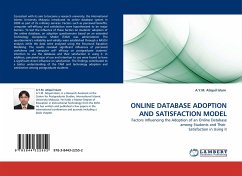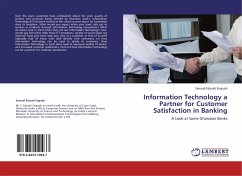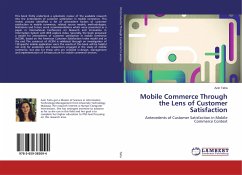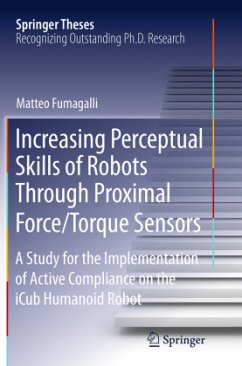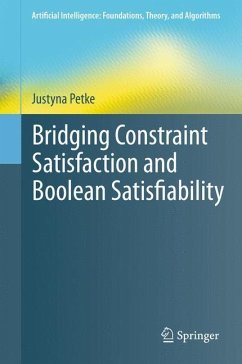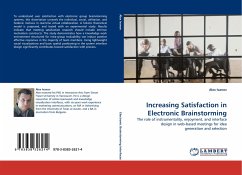
Increasing Satisfaction in Electronic Brainstorming
The role of instrumentality, enjoyment, and interface design in web-based meetings for idea generation and selection
Versandkostenfrei!
Versandfertig in 6-10 Tagen
39,99 €
inkl. MwSt.

PAYBACK Punkte
20 °P sammeln!
To understand user satisfaction with electronic group brainstorming systems, this dissertation unravels the individual, social, utilitarian, and hedonic motives in real-time virtual collaboration. A holistic theoretical model is proposed, and tested with an experimental study. Results indicate that meeting satisfaction research should include intrinsic motivation constructs. The study demonstrates how a knowledge work environment structured for intra-group evaluability can induce positive affective responses in the majority of team members. Using lightweight social visualizations and basic spa...
To understand user satisfaction with electronic group brainstorming systems, this dissertation unravels the individual, social, utilitarian, and hedonic motives in real-time virtual collaboration. A holistic theoretical model is proposed, and tested with an experimental study. Results indicate that meeting satisfaction research should include intrinsic motivation constructs. The study demonstrates how a knowledge work environment structured for intra-group evaluability can induce positive affective responses in the majority of team members. Using lightweight social visualizations and basic spatial positioning in the system interface design significantly contributes toward satisfaction with process.





